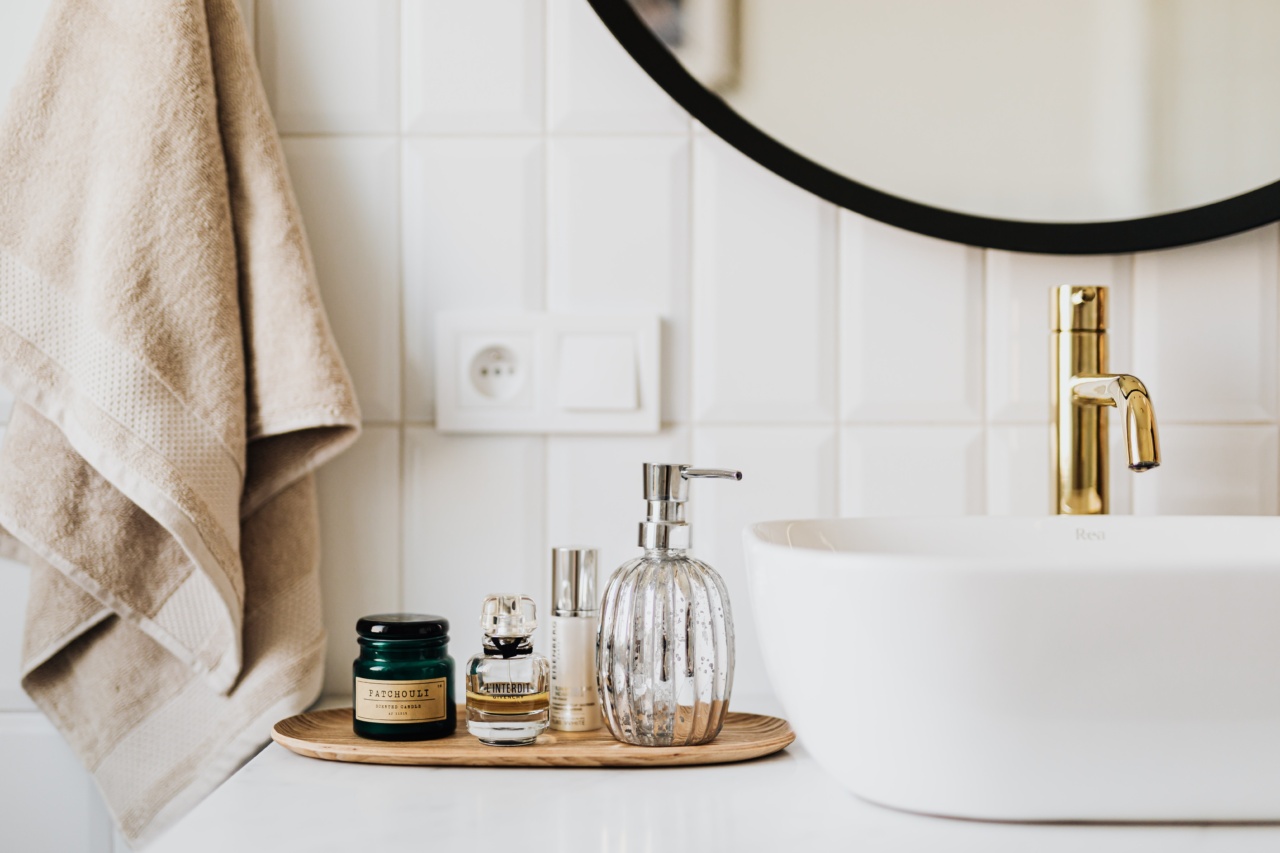Hemorrhoids, swollen blood vessels in the rectal area, can cause discomfort, pain, and itching. They can also lead to more serious complications if left untreated.
Fortunately, there are several simple lifestyle changes you can make to prevent hemorrhoids from occurring or recurring. By incorporating these changes into your daily routine, you can reduce the risk of developing hemorrhoids and enjoy better overall bowel health.
1. Eat a High-Fiber Diet
A diet high in fiber plays a crucial role in preventing hemorrhoids. Fiber adds bulk to your stool, making it easier to pass, and helps regulate bowel movements.
Include plenty of fruits, vegetables, whole grains, and legumes in your diet to ensure an adequate fiber intake. Aim for at least 25-30 grams of fiber per day to keep your digestive system functioning smoothly.
2. Stay Hydrated
Drinking enough water is essential for overall health, including maintaining healthy bowel movements. When you’re dehydrated, your stool becomes harder and more difficult to pass, increasing the risk of straining and developing hemorrhoids.
Aim to drink at least eight glasses of water each day, and more if you engage in physical activity or live in a hot climate.
3. Exercise Regularly
Regular physical activity, such as walking, swimming, or cycling, can help prevent hemorrhoids by improving blood flow to the rectal area and reducing pressure on the veins.
Aim for at least 30 minutes of moderate-intensity exercise most days of the week. Avoid sitting or standing for extended periods, as this can contribute to hemorrhoid development.
4. Avoid Straining
Avoid straining during bowel movements, as it can put excessive pressure on the blood vessels in the rectal area and lead to hemorrhoids.
If you’re experiencing difficulty passing stool, try increasing your fiber intake, drinking more water, and using over-the-counter stool softeners if needed. Don’t strain or force a bowel movement, as this can worsen the condition.
5. Maintain Good Bathroom Habits
Create a regular bathroom routine to avoid unnecessary strain. Go to the bathroom when you feel the urge, and don’t delay or hold in your bowel movements.
It’s also important to avoid sitting on the toilet for prolonged periods, as this can put pressure on the rectal area. When using the toilet, try to relax and avoid straining or pushing forcefully.
6. Practice Good Hygiene
Maintaining good hygiene in the anal area can reduce the risk of developing hemorrhoids. After bowel movements, gently clean the area with warm water and a mild soap or use moistened wipes.
Avoid using harsh toilet paper, as it can further irritate the sensitive skin. Pat the area dry instead of rubbing, as excessive friction can worsen symptoms.
7. Avoid Heavy Lifting
Heavy lifting can strain the rectal area and increase pressure on the blood vessels, leading to hemorrhoids. If you need to lift something heavy, remember to use proper lifting techniques.
Bend at the knees and lift with your legs, rather than straining your back and pelvic floor muscles.
8. Manage Your Weight
Being overweight or obese increases the risk of developing hemorrhoids. Excess weight puts additional pressure on the veins in the rectal area and can contribute to poor blood flow.
Maintain a healthy weight through a balanced diet and regular exercise to reduce the risk of hemorrhoids and improve overall well-being.
9. Take Breaks from Sitting
Sitting for prolonged periods can increase pressure on the veins in the rectal area and contribute to hemorrhoid development. Take regular breaks from sitting, especially if you have a sedentary job.
Stand up, stretch, and walk around for a few minutes every hour to promote better blood flow and reduce the risk of hemorrhoids.
10. Don’t Ignore Symptoms
If you experience symptoms of hemorrhoids, such as itching, pain, or bleeding, it’s important not to ignore them. Early intervention can prevent the condition from worsening.
Consult a healthcare professional for an accurate diagnosis and appropriate treatment options. They may recommend over-the-counter remedies, lifestyle modifications, or, in severe cases, medical procedures.
Conclusion
By implementing these simple lifestyle changes, you can significantly reduce the risk of developing hemorrhoids and improve your overall bowel health.
Remember to maintain a high-fiber diet, stay hydrated, exercise regularly, avoid straining, practice good bathroom habits, and maintain good hygiene. Additionally, manage your weight, take breaks from sitting, and seek medical attention if you experience any symptoms. By prioritizing your digestive health, you can keep hemorrhoids at bay and enjoy a more comfortable and healthier life.































